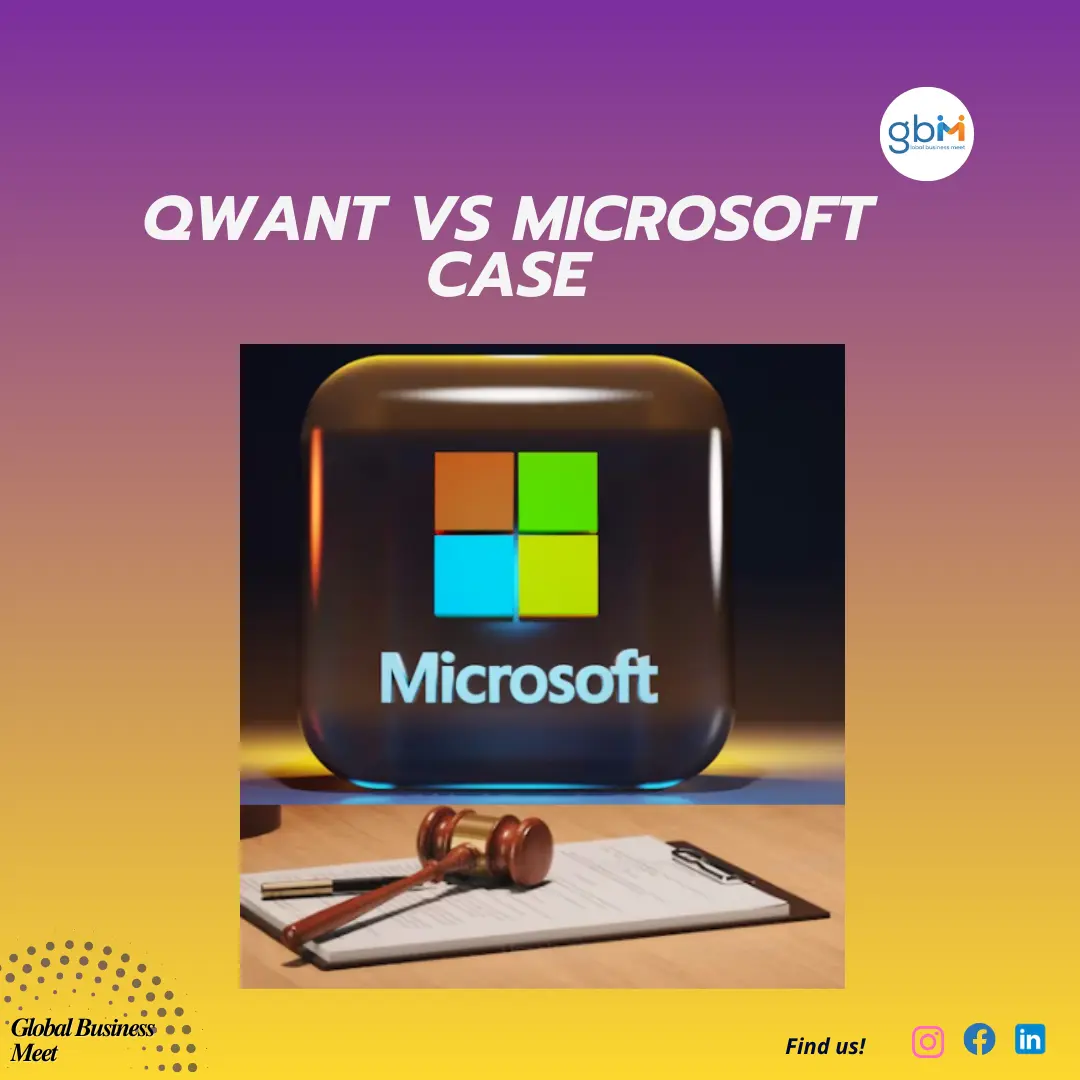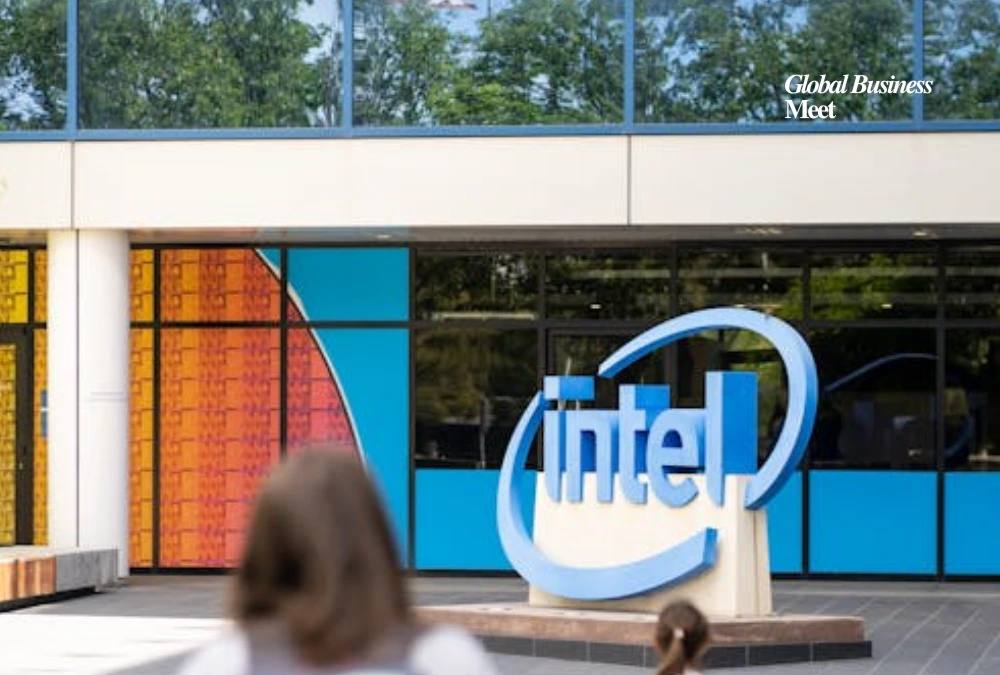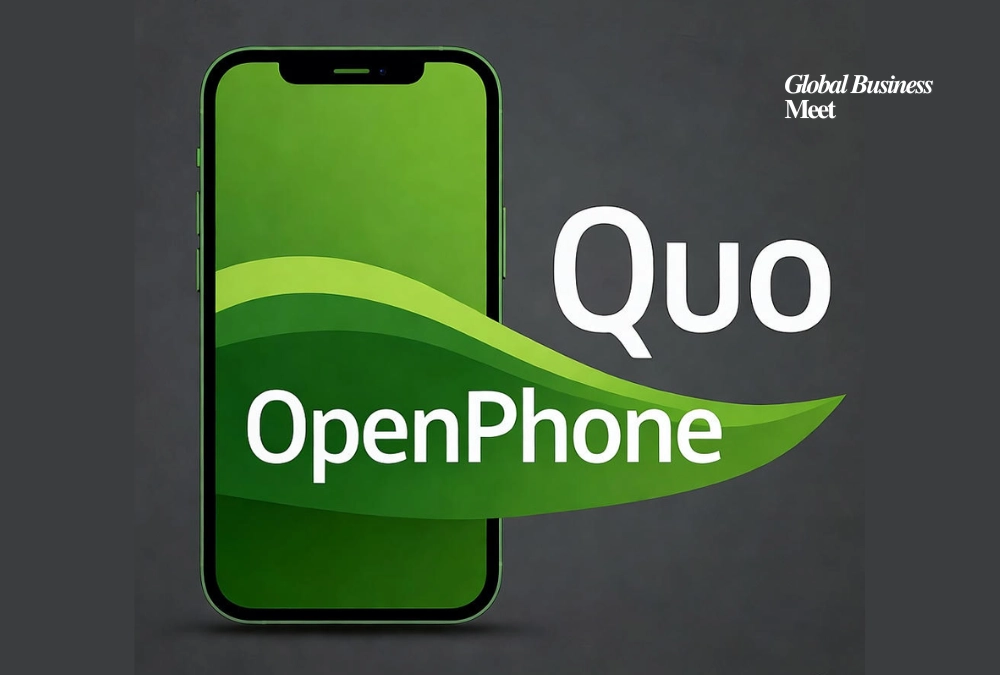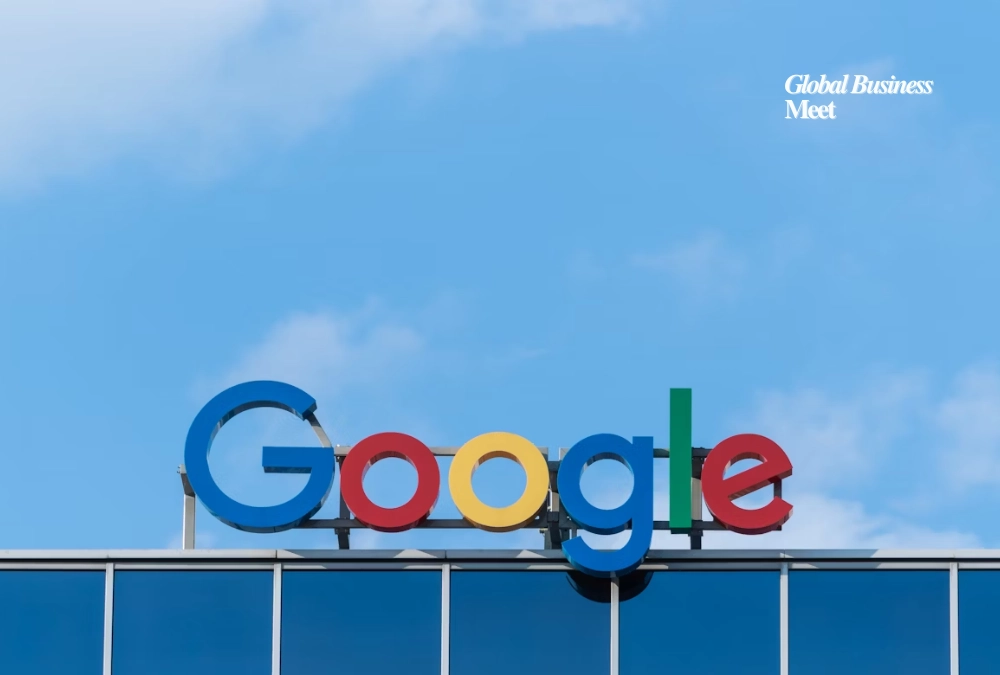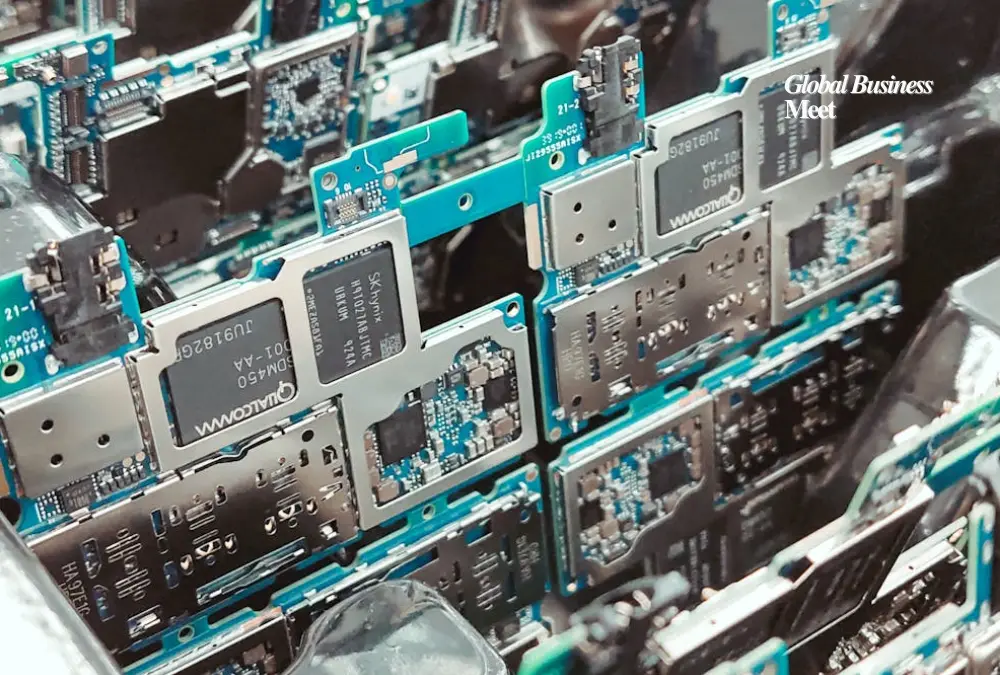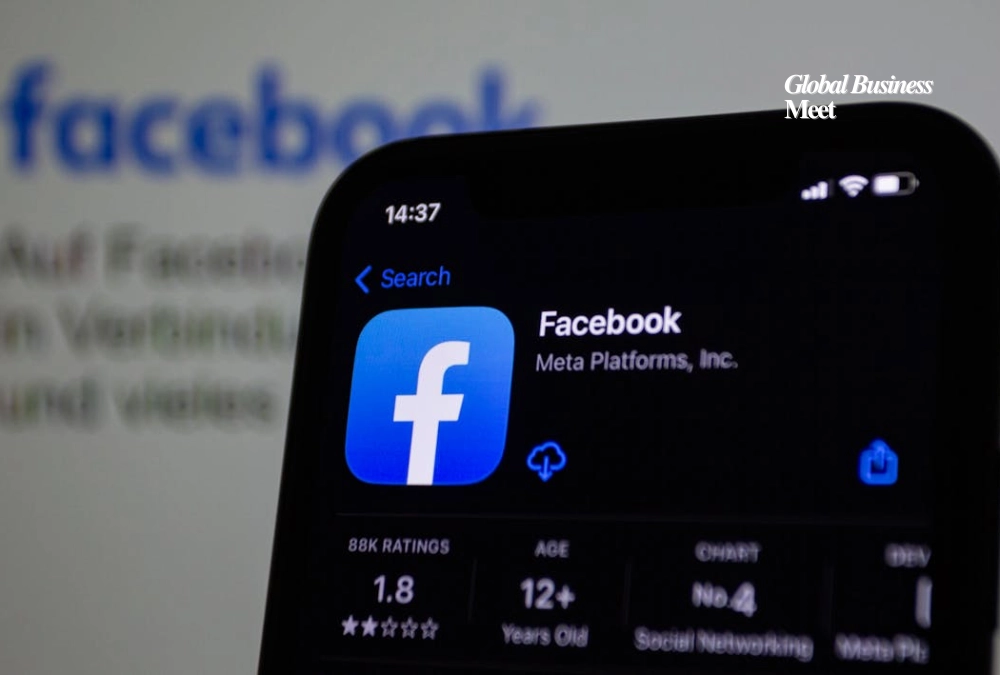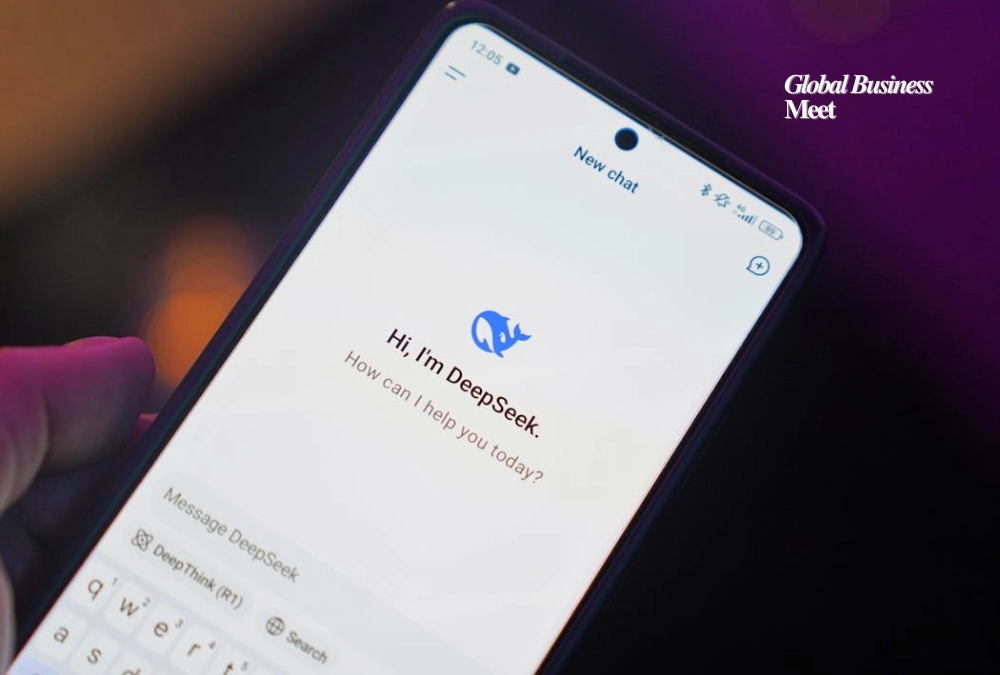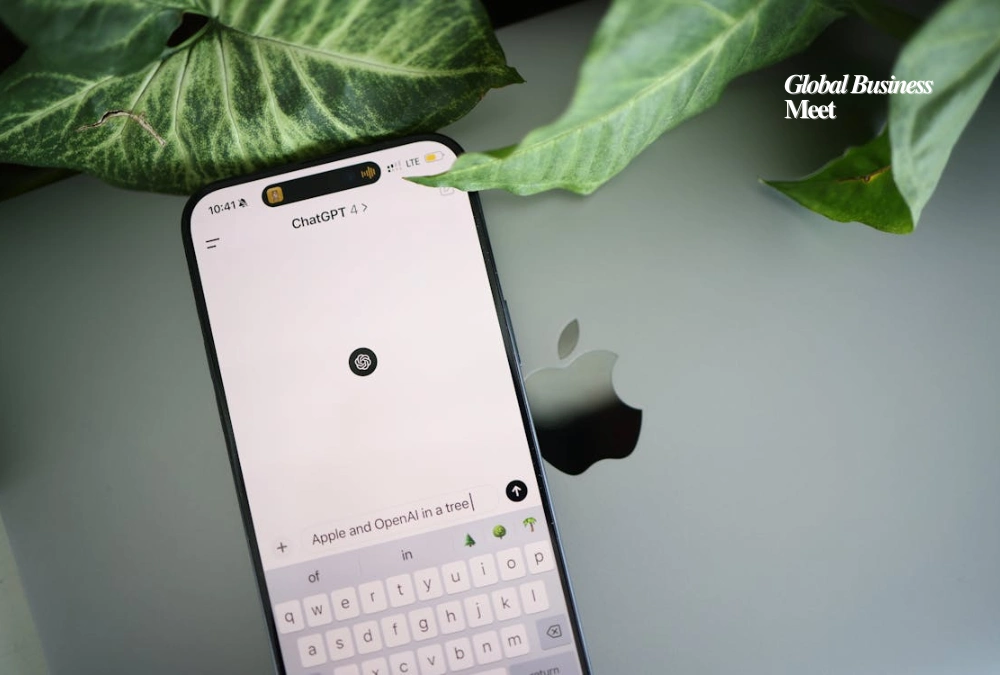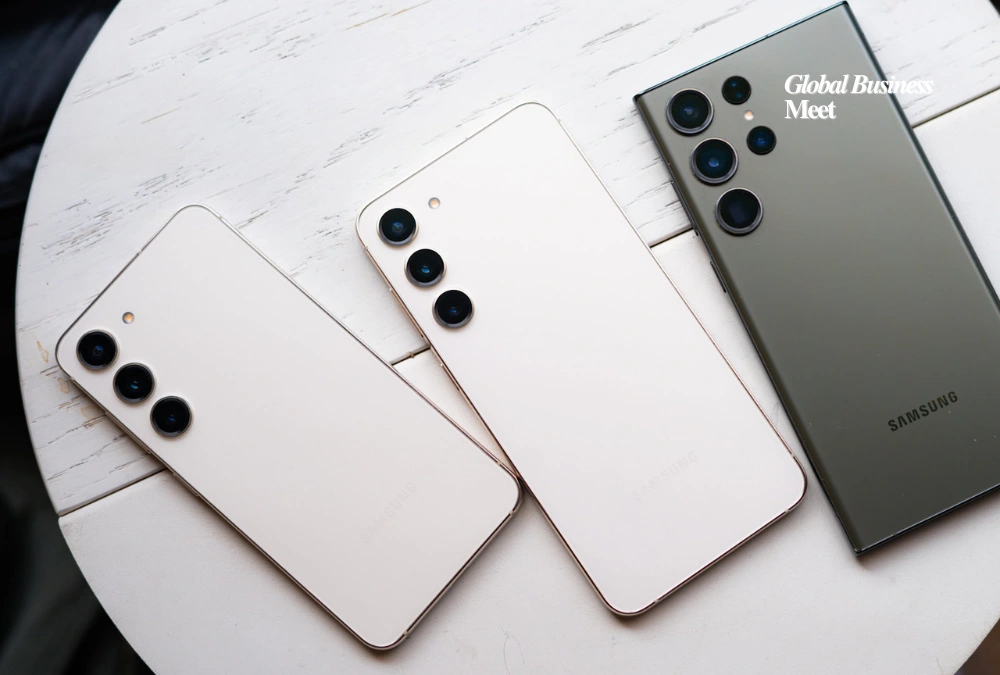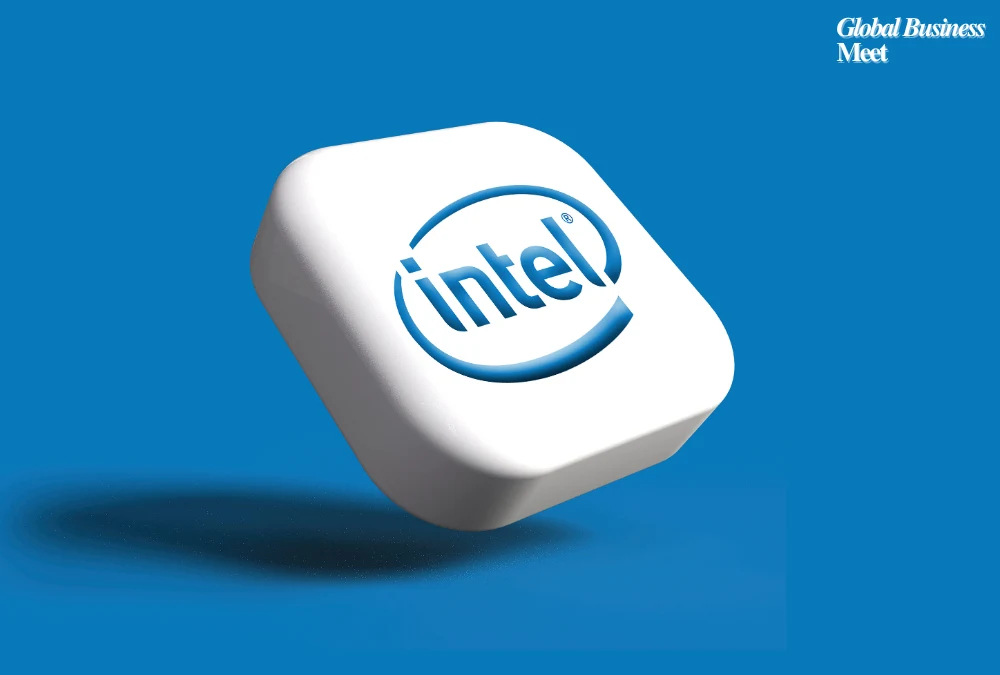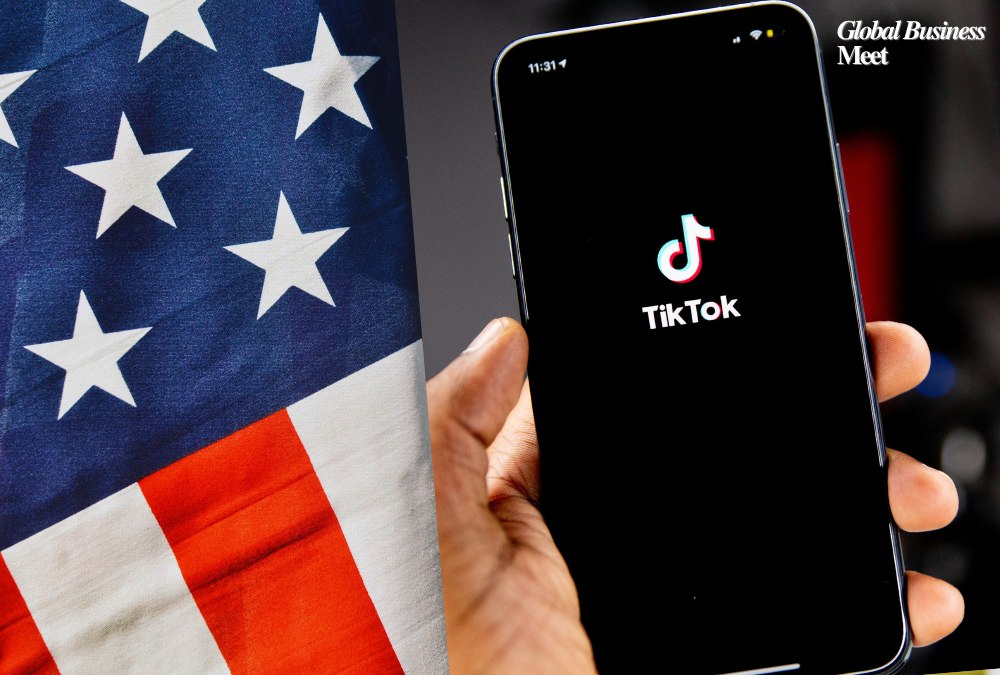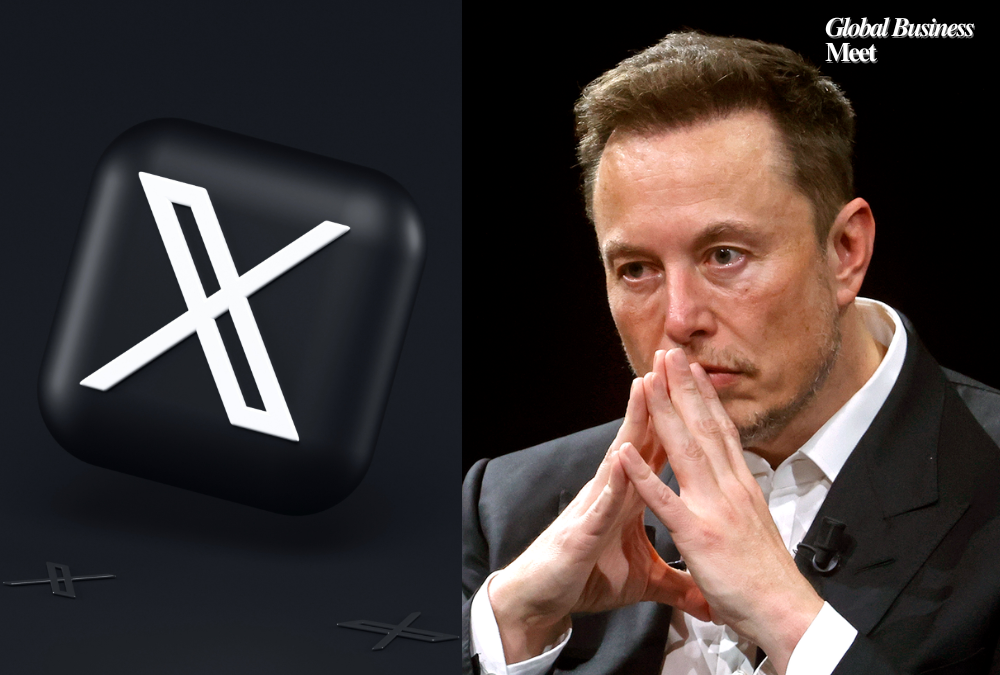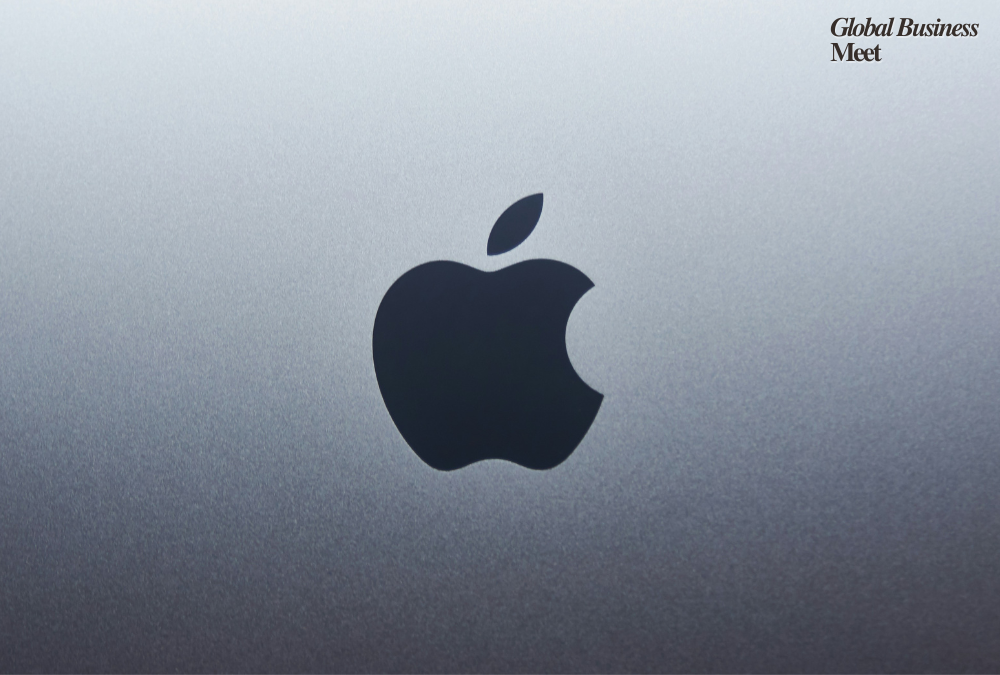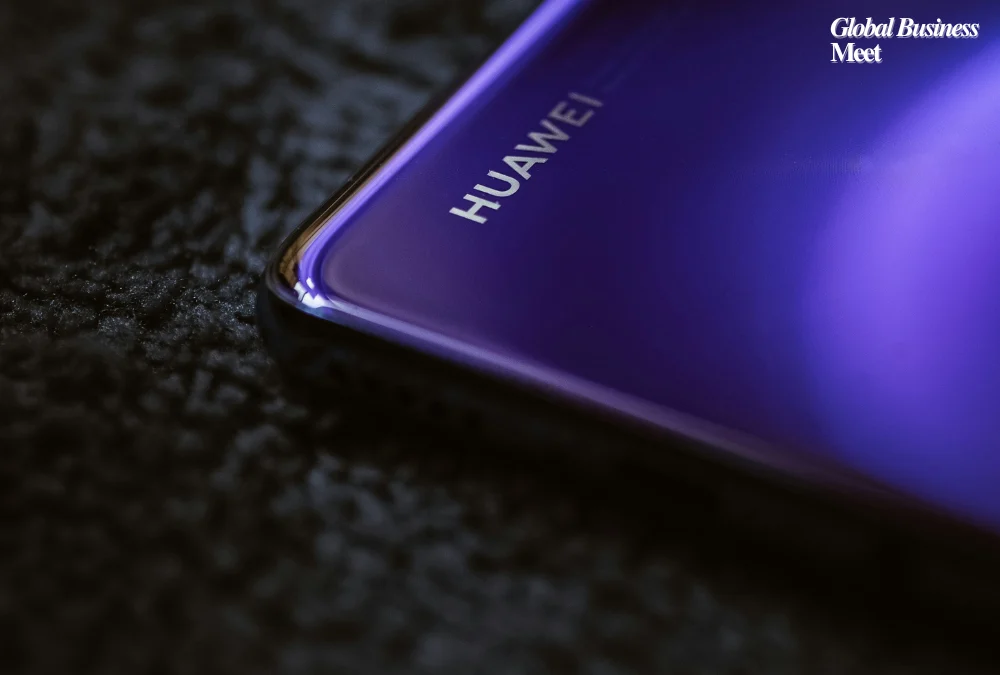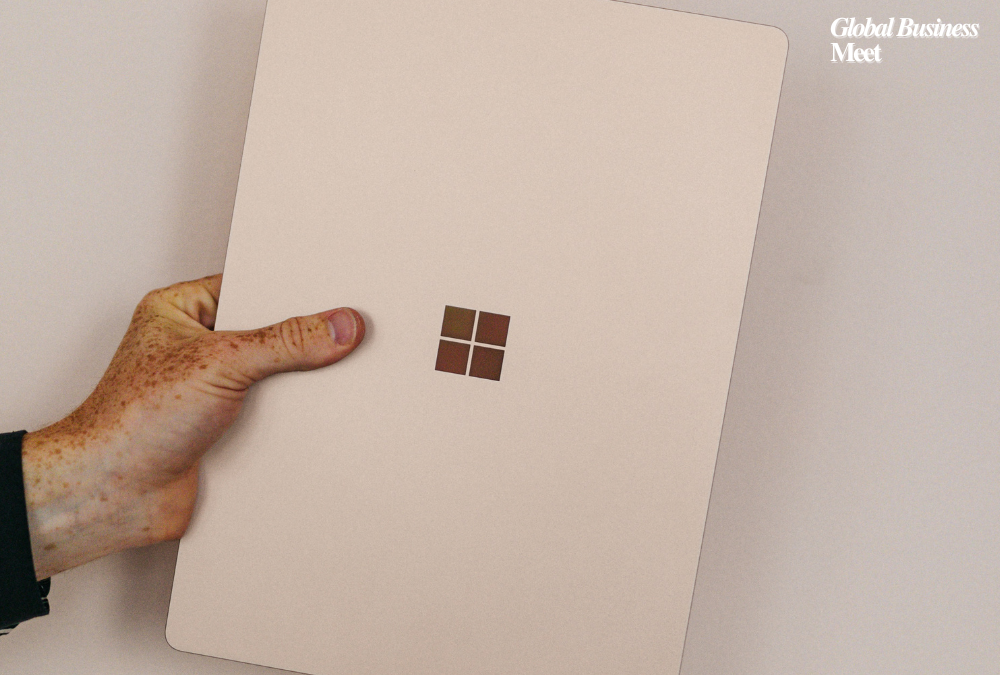
In an interview with Meta CEO, Mark Zuckerberg, this new generation of discussion has been ignited in the tech world when he commented that in the near future individuals not using smart glasses powered by AI will find themselves at a disadvantage. Addressing Meta during the annual Connect conference, Zuckerberg discussed the latest venture of the company, Project Nazare, which represents a pair of new-gen AI-controlled smart glasses that are developed to take the artificial intelligence to the everyday level. This is not hyperbole and shows that Meta has had its eye on augmented reality (AR) wearables as the next big platform move on the heels of smartphones, especially with the help of AI.
Zuckerberg projected Project Nazare as not just another gadget but as the case scenario, that it is an intelligent personal assistant that they can wear. These glasses will have integrated AI which will be able to translate immediately, voice commands, provide contextual information and be able to create content without any use of the hands. Users will be able to learn directly about the outside community, translate the speech in real-time, create notes or reminders and much more by merely putting them on. This degree of smooth integration is likely to make the interaction between human beings and technology more natural and effective.
The Meta CEO described some of the ways AI glasses might bring a competitive advantage. First, it can be implemented with contextual prompts that will enable a user to view information without the requirement of pulling out a phone and searching. As an illustration, the ratings and reviews may appear on the glasses when they are passing a restaurant. Second, there are generative overlays that allow users to draft emails, create documents, or generate ideas entirely free of keyboard and screens. Lastly, the glasses have built-in support and are always available, so AI support can be closes at hand whenever one needs it, whether that would be work meetings or personal errands.
Not wearing such glasses means that one could be left behind in terms of productivity and decision making according to Zuckerberg. The situation with the usual devices, such as smartphones, is that their users have to take initiative to use them, but AI glasses are proactive, suggesting the concerned information to users at all times. This active practice may present a big divide between the earlier adopters of the technology and the laggard ones. He likened the transition to the shift to smartphones as opposed to basic mobiles and this will mean that the early adopters of the AI glasses will have special perks at the professional and personal level.
Nonetheless, the path towards mass adoption is not a certainty at all. Some obstacles stand in the way of Meta being able to realise this dream. Arguably the biggest issues have been design and ergonomics since past efforts by other companies to develop smart glasses have been plagued by odd looks and seeming uncomfortability. The problem of privacy is also looming; the fact that such eyewear stores cameras and microphones makes us question whether there is surveillance and data protection. Also, the experience may be limited by the technical constraints like battery life, processing ability and app integration. Last but not least, there is the issue of price- initially it can prove to be very costly on the prototypes and therefore, adaption can be dwindling.
In spite of these impediments the competitive market of AR wearables is becoming hot. Firms such as Apple are also reportedly working on their own mixed-reality headsets, and Snap keeps releasing more features on its Spectacles to provide an opportunity to use AR on social media. Chinese manufacturers are also looking at lower-priced AR-eyewear solutions to sell in world markets. Zuckerberg admitted that they are facing such pressure, implying that Meta will be able to outrun the competitors in their race to control the market of AR and AI wearable devices because of their high rate of innovation.
To investors and other ardent patrons of technology, the statement by Zuckerberg heralds a change in strategy. Should AI glasses become a thing, they can find new opportunities of advertising, of immersive e-commerce and of innovative enterprise solutions in areas like healthcare, logistics and education using an AR-based platform. Such a new platform can also transform the way people consume media, communicate, and relate to their environment- further intertwining the virtual and physical areas.
The final point of Zuckerberg is, in the strict sense, that in the future, when the world is ruled by technologies, AR glasses based on AI are going to be the key element in keeping up with the competition. Amid continuing doubts, in particular, over privacy and market preparedness, the potential of improved productivity and real-time understanding and the convenience of hassle-free digital interaction is difficult to overlook. Project Nazare by Meta may be the gateway into a new philosophy of living in which AI is an augmentation of our human potentiality searchable using only a glance.

